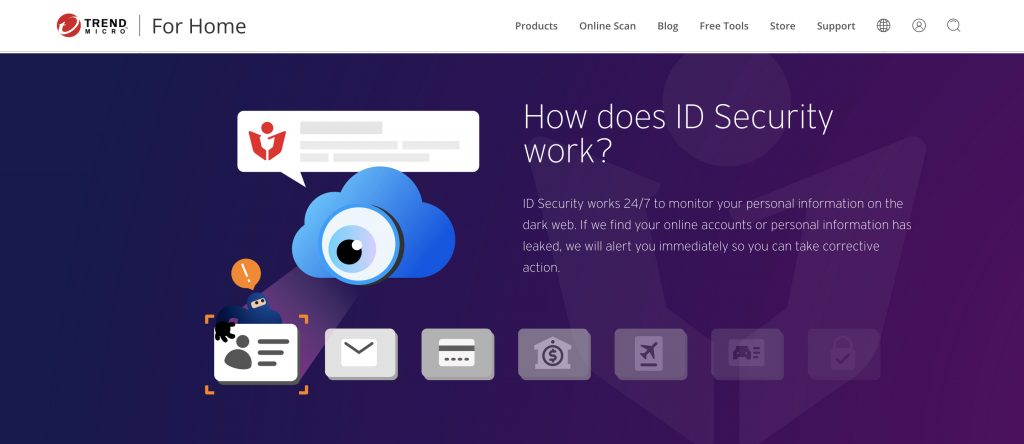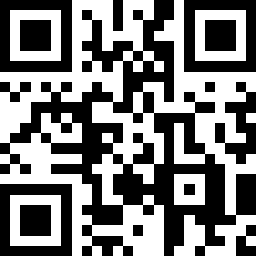MakerBot’s Thingiverse, a website where users can share 3D printing templates and designs, was recently the victim of a major data breach that resulted in the exposure of over 2 million users’ passwords and email addresses.
The breach was initially reported to have affected 228,000 email addresses, but TJ Horner, a software engineer who worked at MakerBot, analyzed the leaked data and found that it actually affects more than 2 million users. Horner added that the breach includes OAuth tokens that may have been used to remotely access and take control of MakerBot printers.

Thingiverse posted a statement regarding the data breach on Twitter, but their view of the scope of the breach — specifically the number of users affected — is much smaller than seems to be the case.

Thingiverse claims that less than 500 users were affected but in addition to TJ Horner, Troy Hunt, the creator of HaveIBeenPwned.com, believes otherwise. HaveIBeenPwned provides notifications to users when their email addresses are part of known breaches, and Troy has confirmed that the Thingiverse breach has affected far more than only 500 users. Troy stated on Twitter that at least 10,646 HaveIBeenPwned users were notified of the breach and a lot of them have been confirmed as Thingiverse users, too.

As of right now, it does in fact appear that 2,292,189 Thingiverse records have been exposed, including people’s email addresses, passwords, full names, usernames, addresses, IP addresses, and birthdates. Thingiverse users are advised to change their passwords as well as the passwords of their other accounts that share the same email or password to avoid any further security issues.
Leaked data can be used by cybercriminals in many ways
- Identity theft.
- Targeted phishing attacks.
- Brute-force attacks to try and gain full access to online accounts.
- SIM swap attacks, which allow hackers to get around multi-factor authentication.
- Smishing attacks, which are used to trick victims into revealing additional personal information.
Is your email address pwned?
Use Trend Micro ID Security to protect your online security and privacy

Here at Trend Micro, we’ve developed an app specifically designed to meet the challenges that data leaks bring.
Available on Android and iOS, ID Security scours the dark web for any mention of your data (email address, passwords, bank account information, and more) and in the event of it being sold or shared by cybercriminals, it will alert you. Its key features include:
- Dark Web Personal Data Manager: Scours the dark web for data such as bank account numbers, driver’s license numbers, passport numbers, and Social Security numbers.
- Credit Card Checker: Find out if someone has acquired your credit card number and put it on the dark web.
- Email Checker: Find out if any of your email addresses have been leaked on the dark web. You’ll be notified which exact account it is — so you can take the appropriate counter-measures.
- Password Checker: ID Security will notify you if you’re using a password currently in circulation on the dark web.
- Social Media Account Checker: Find out if your Facebook or Twitter accounts have been leaked and shared.
- A Comprehensive Monitoring Report
Click the button or scan the QR code below to try the free 30-day trial version today! If you found this article interesting and you think it would be useful for others, please share it with family and friends.

